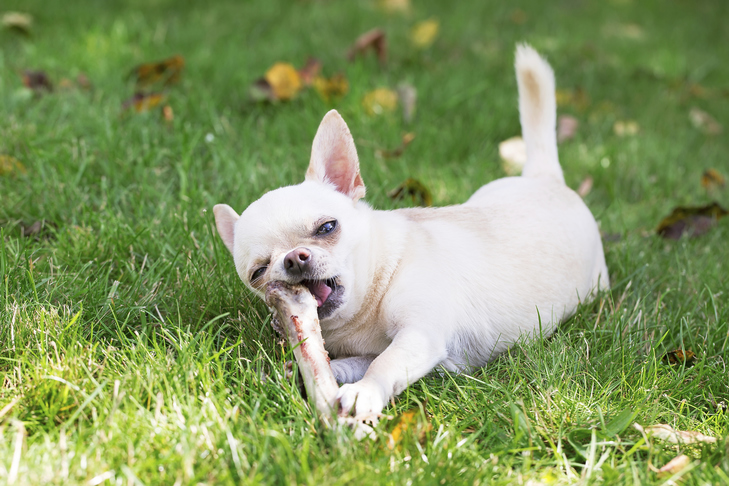When it comes to sharing food with our furry friends, it’s important to know what is safe and what is not. One common question that pet owners often ask is whether dogs can eat pork neck bones. While it may seem like a tempting treat for your pup, the short answer is no.
Why Aren’t Pork Bones Safe for Dogs?
Pork bones, whether raw or cooked, can pose a serious risk to dogs. These bones are prone to splintering and cracking when chewed on, putting your dog at risk of choking, intestinal blockages, or damage to the esophagus and intestines. These complications can be life-threatening, so it’s best to avoid giving your dog pork bones altogether.
Are Any Bones Safe for Dogs to Eat?
While pork bones are off-limits, there are other options that are safer for your furry friend. Large, raw cow bones or bison bones can be given to dogs under certain conditions. The bones must be big enough to prevent your dog from attempting to swallow them whole, and they must be raw to avoid splintering. Always supervise your dog while they are chewing on a bone to ensure their safety.
What Should I Do if My Dog Eats a Pork Bone?
If your dog manages to get their paws on a pork bone, it is important to take action immediately. If possible, take the bone away from your dog to prevent further ingestion. If your dog has already swallowed the bone or part of it, closely monitor them for any signs of distress. Symptoms such as vomiting, excessive drooling, abnormal bowel movements, or lack of appetite could indicate an intestinal blockage.
If you observe any of these symptoms, it is crucial to seek veterinary care right away. Your veterinarian will assess the situation and determine the best course of action, which may include observation, endoscopy, or surgery.
What Are Some Other Uses for Pork Bones?
If you find yourself with leftover pork bones, there are alternative ways to put them to good use. One option is to make a broth using the bones. Simply simmer the bones in water to create a flavorful broth, which can then be mixed into your dog’s food. However, it is essential to consult your veterinarian before doing this, especially if your dog has specific dietary or intestinal issues.
Frequently Asked Questions
Q: Can dogs eat any kind of bones?
A: Not all bones are safe for dogs to consume. Pork bones, in particular, are hazardous and can cause serious harm to your dog’s digestive system. It is important to choose the right type of bone, such as large, raw cow bones or bison bones, with supervision.
Q: How do I know if my dog has swallowed a bone?
A: If your dog has ingested a bone, monitor them closely for any signs of distress. Symptoms such as vomiting, excessive drooling, abnormal bowel movements, or lack of appetite could indicate an intestinal blockage, and immediate veterinary attention is necessary.
Q: Can I give my dog bone broth made from pork bones?
A: While bone broth can be a tasty addition to your dog’s food, it is important to consult with your veterinarian before introducing it into their diet, especially if they have any dietary or intestinal concerns.
Conclusion
Although dogs may have a strong desire to chew on bones, it’s crucial to prioritize their safety. Pork neck bones, in particular, pose risks such as splintering and choking hazards. Opt for safer alternatives, like large, raw cow bones or bison bones, and always supervise your dog while they enjoy their chew. Remember, your dog’s health and well-being should always come first.
For more information on pet care and products, visit Pawsoha.
